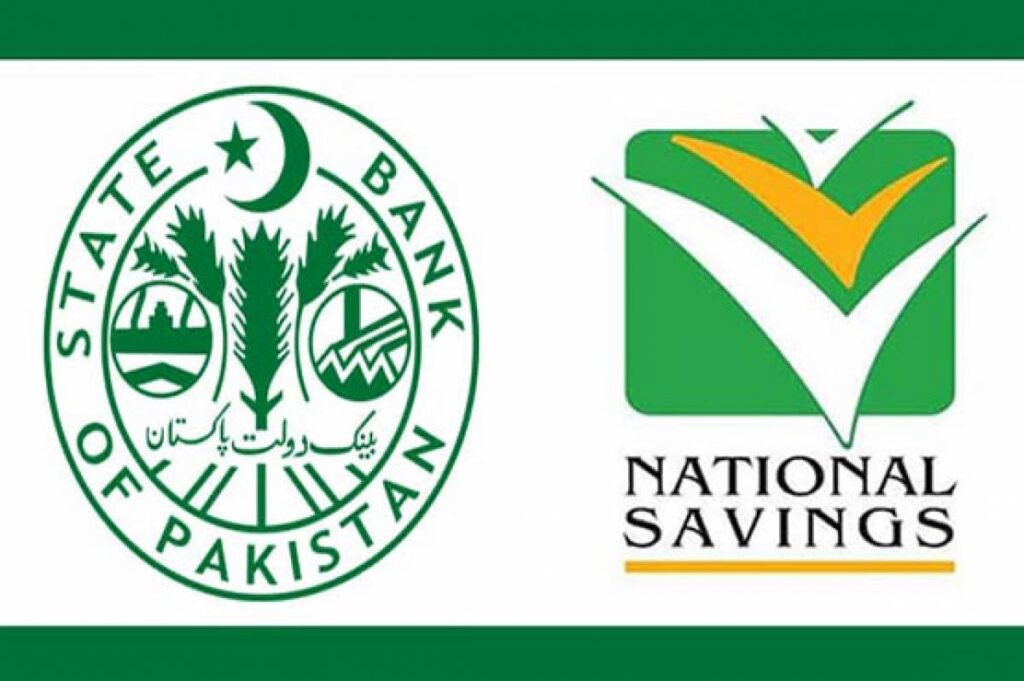As net investment in saving certificates and prize bonds turned negative in the first six months of the current fiscal year, the federal government has increased the rate of profit on two national saving certificates to attract investors to park their savings in the schemes.
In December 2020, people pulled out a significant amount of investment. According to the State Bank of Pakistan (SBP), the net investment became negative at Rs8.98 billion in July-December 2020.
An announcement made by the Central Directorate of National Savings (CDNS), which offers saving schemes to the general public, says that it had increased the rate of profit on Defence Saving Certificates (DSC) by 27 basis points to 9.51%.
Besides, the rate of profit on Special Saving Certificates (SSC) was revised upwards by 60 basis points to 8.40%. The new profit rates came into effect on Wednesday, March 3.
The investment portfolio of around seven million individual and old institutional investors is managed by CDNS. To bridge the budget deficit, the government utilizes the investment attracted through the national saving accounts and certificates.
“CDNS has increased the rate of profit in line with the surge in the rate of return on PIBs.”
AHL Research Head Tahir Abbas said while talking to a private newspaper.
Rates of return on PIBs have been on the rise for quite a long time. The rate of profit on other saving certificates remained unchanged.
Accordingly, the rate of profit on Behbood Saving Certificates (BSC), Pensioner Benefit Account (PBA), and Shuhada Family Welfare Account (SFWA) remained pegged at 11.28% each.
Besides, the rate of profit on Regular Income Certificates (RIC) stood at 9%. The annualized rate of return stood at 6.8% on three-month Short Term Saving Certificates (STSC), 7% on six-month STSC, and 7.35% on 12-month STSC. The rate of profit on savings account stood at 5.5%, according to a CDNS notification.
In the recent past, the government has also banned institutional investors from putting their capital into national saving certificates.
This stood as a major reason for having mobilized low investments to form the general public in some of the saving certificates and overall net investment in saving schemes offered by CDNS which stood in negative during July-December 2020.


